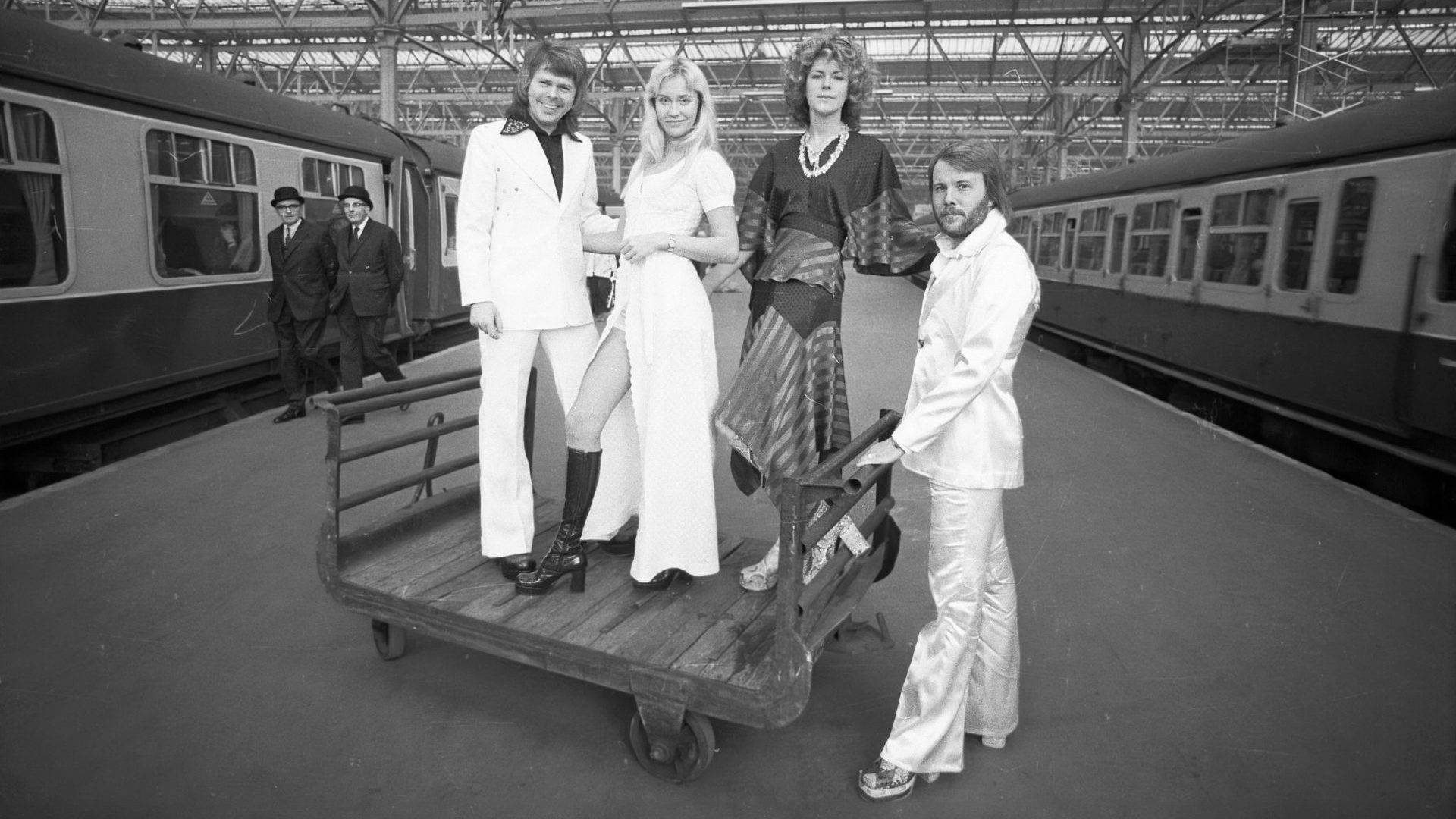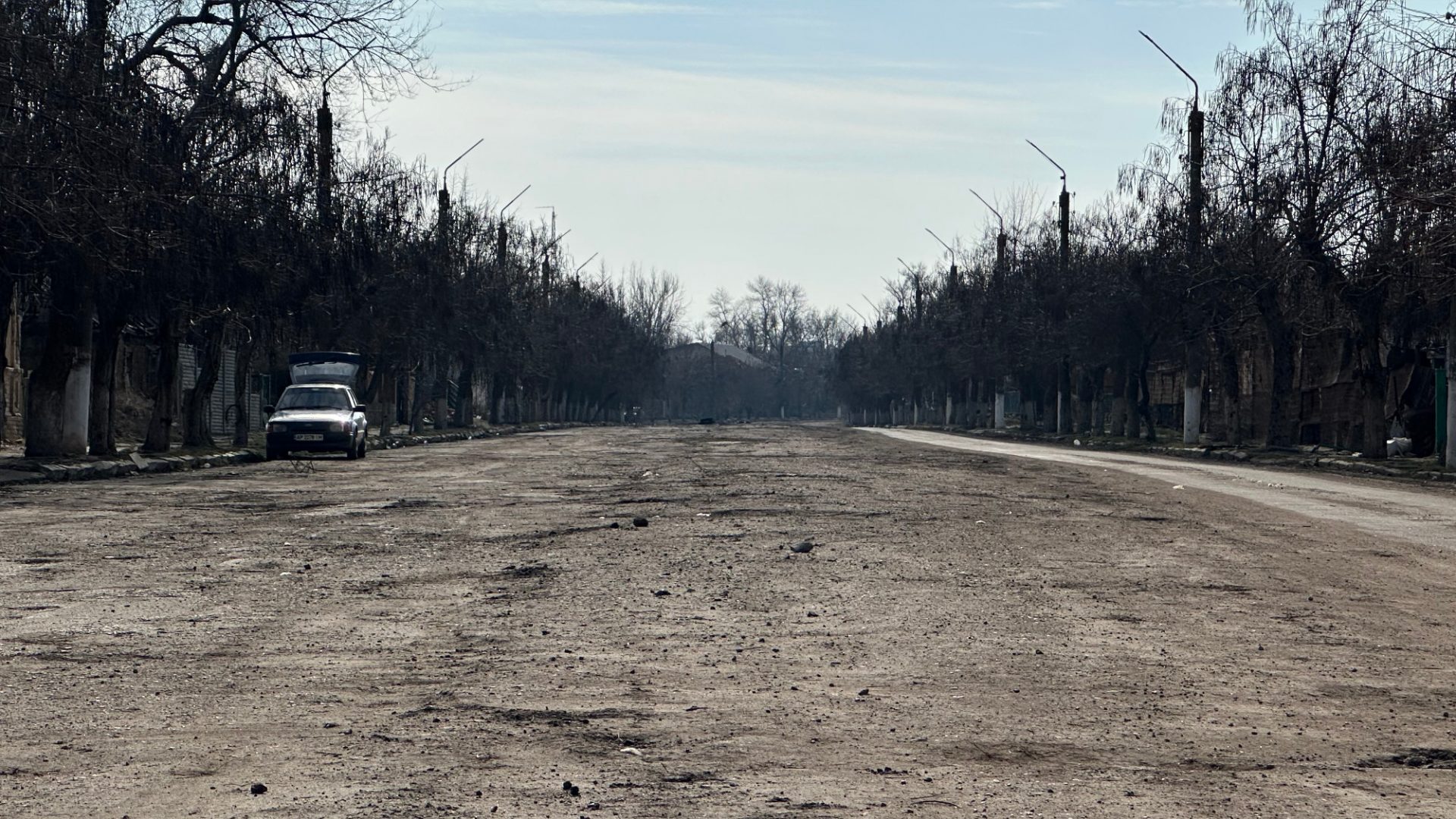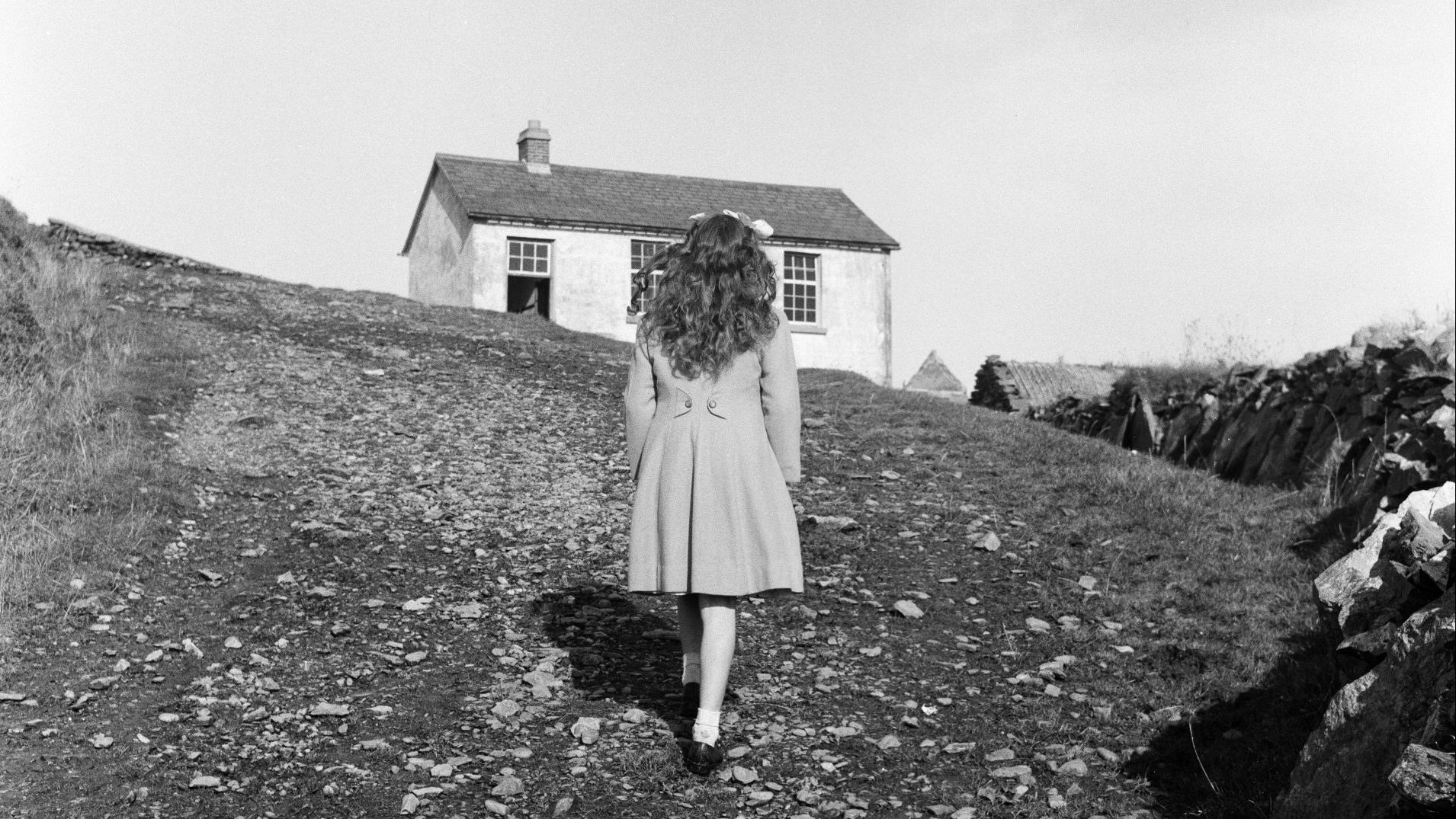The roads were quiet, the country was traumatised and the king was dead. And then, 50 years ago, spring arrived. With it came ABBA.
I had moved to Gothenburg in western Sweden from Paris in October 1973. As if to emphasise that this might not be an easy move, petrol rationing and a ban on driving on Sundays was quickly proclaimed.
This was fallout from the Arab oil-producing countries’ embargo on nations that had supported Israel during the Yom Kippur war. Neutral Sweden had not done so, but its oil supplies were still drastically reduced. The roads resembled those in Britain at the beginning of lockdown in 2020.
In this quietened country, the national psyche was already trying to deal with three events. In the August before I moved, the Norrmalmstorg bank robbery and hostage crisis became the first criminal event in Sweden to be covered by live television and gave the world the phrase “Stockholm Syndrome”. The robbers took four hostages, who during the next five days bonded with their captors, apparently against the police.
In September, King Gustaf VI Adolf died at the age of 91. The obituaries said that when he was a child, he knew people who remembered Napoleon invading Sweden’s old enemy, Russia, in 1812. Memories were long and they hadn’t forgiven Russia for taking Swedish territory on the Neva River to build St Petersburg in 1703.
The day after the king’s death, the Social Democrats narrowly held on to power in the general election. Some say what swung it was an impassioned denunciation by the prime minister, Olof Palme, of the recent coup in Chile. Chile’s president, Salvador Allende, had died – whether it was by his own hand or someone else’s, nobody is really sure. We now know that Palme was himself killed 13 years later in Stockholm by an assassin who was never identified.
And then came the winter. For anyone unused to a Scandinavian winter, it can be quite a surprise. Not only does it get pretty cold, but also very dark, so that for months you can go to work and back and never really see the sun.
My job teaching English to adults was easy compared with teaching English to teenagers in a Paris lycée. The adults actually wanted to learn English. However, what was even more interesting was attending a course of Swedish for foreigners.
On one side of the room were American draft-dodgers, and on the other were Chilean refugees. Neither cohort was communicating with the other, mainly, I realised, because neither side spoke the other’s language.
However, as time went on I discovered that though the Americans hated the draft, they still thought the US was the best country in the world and were deeply suspicious of these Chilean socialists, even though the country now sheltering them was socialist. At the same time, the Chileans knew the US was behind the coup that had compelled them to leave their country.
The Swedish state was far more caring in its treatment of migrants than we are in Britain today. Some of the Americans were trained to repair TVs once they had finished the language course, and they were in high demand.
Cathode ray tubes were still being used in televisions well into the 1980s and sets were always breaking down, apparently because their high power consumption generated heat, which fried the internal electrics. The failure rate was, on average, once or twice a year.
“They hang out of their windows and shout to me when they see my van arrive at the flats,” one of the Americans boasted. “They sit there on the sofa just looking at the broken set. They don’t talk or look at each other. Just wait for the TV to be fixed.”
By the time spring arrived, we were all ready for something to brighten up our lives. And when the Eurovision Song Contest came along on April 6, 1974 in Brighton, none of us was really ready for it.
To start with, even though Britain was quite good at Eurovision – showing it meant business with well-established competitors like Lulu, Sandie Shaw, Cliff Richard and Mary Hopkin – the song contest had little of the hype of today. As there were only a few channels anyway, there was little need for much pre-event publicity.
In Sweden, the first state-owned TV channel was launched in 1956, and a second in 1969. Neither had shown a Swedish Eurovision winner; the country’s best finish had been second in 1966. There was not much excitement around this year’s contestants, either.
I had never heard of ABBA before Eurovision, although some of my new neighbours had. They had tried to enter the 1973 Eurovision Song Contest by competing in that year’s Melodifestivalen, the Swedish national selection competition.
Strangely, their song, Ring Ring, failed to qualify, although it was released shortly after and became a hit in Scandinavia and a few other countries in Europe, but not Britain. The success of the record encouraged the foursome to stay together and set their sights on 1974 with a new song, Waterloo, sung in English instead of their native language.
I remember the night of April 6 well – but I didn’t watch ABBA win, beating Italy’s Gigliola Cinquetti by six clear points. Lena, my girlfriend, and I didn’t have a TV at the time. But we had the radio on and at some point the message came through: Sweden had won.
We had arranged to meet up with a couple who lived nearby on Stigbergsgatan, a street that runs parallel to the docks. Eva was studying sociology and Hiroto was a designer from Japan. They didn’t possess a television either but, like us, had heard the news on the radio. Neither couple was that impressed.
I remember asking, “What does ABBA mean?” “Just the first letters of the names of the people in the group,” replied Eva knowledgeably.
And we left it there. We were planning to walk to a party at a block of wooden houses that were divided into flats but which were condemned because they had no toilets or bathrooms in the building itself. I had never been there before, but they looked very traditional and something that should have been treasured and restored.
However, Hiroto said that he was very suspicious of them. He had a friend who had been to a party there and gone out into the courtyard to the smelly toilets but was so drunk he couldn’t find his way back to the party.
“Couldn’t he hear the noise from the party?” I asked. “It couldn’t be that difficult.”
“I think he dropped his jacket into the bucket they use for a toilet, and he panicked because he didn’t want to get his jacket out. But it was minus 20C. Janne is always doing stuff like that.”
So we climbed up to the third floor with the aroma of boiled fish and cabbage enveloping us, and even though it was spring, the freezing air outside seemed to follow us in and become even colder as we went up the stairs.
I understood why Hiroto’s friend, Janne, couldn’t find the party he’d left by following the noise. There was no noise here either. The door opened when we knocked and we were ushered into the flat, where a few people were either playing chess or watching those who were playing. To be fair, to get into the party mood they were all drinking hembränt – bootleg spirits, because legal alcohol costs so much in Sweden – but nobody seemed particularly festive.
“Is this to celebrate ABBA?” I asked, half-jokingly. “Celebrate what?” retorted a young man wearing a fisherman’s hat.
“The Swedish group that won the Eurovision Song Contest,” I replied. He looked at me patronisingly. “Yes, but what do you want us to do? Dress up like Gary Glitter?”
I wasn’t sure why he’d said that because, at the time, I hadn’t yet seen ABBA. It was only during the following weeks that I saw them, in articles in Swedish newspapers and in a few clips on the black-and-white second-hand TVs they sold in the shop around the corner from where we lived in Majorna.
As the man in the fisherman’s hat had suggested, they were dressed for glam rock with satin and suede ensembles. Agnetha Fältskog and Björn Ulvaeus then topped this off with knee-high silver platform boots, which would probably have embarrassed even many of Britain’s glam-rockers.
We stayed at the party for about an hour, drank our fill of hembränt, watched people drunkenly playing chess and decided to call it a day, hoping that there might be celebrations out in the street. Unfortunately, it was still below zero and there were very few people around.
ABBA seemed to grow on Sweden gradually. Much like the drunken chess players, glam rock didn’t really appeal to the Swedes, who were more wholesome and wore sensible clothes and clogs.
During the years following ABBA’s win, there was a lot of change. In 1976, for the first time in many years, the Swedes voted out the Social Democrats, and they did so again in 1979. This was a consequence of the economy declining after decades of expansion that were due partially to its neutrality during the second world war, when it was able to sell to both sides and its industry expanded instead of being damaged, as it had been in the rest of Europe.
However, as the economy suffered and social problems increased, the population seemed to take solace in ABBA and groups like Roxette, Ace of Base and Eagle-Eye Cherry.
ABBA had paved the way for an ability to enjoy life, even if it wasn’t quite as prosperous as previously. Swedes connected more with the world outside and allowed a happiness into their lives that was influenced by glamour and spontaneity – things ABBA and their songs continue to deliver, even now.
Eurovision 2024 will be held in Malmö, Sweden, on May 7
Paul Barrett is a linguist who thinks that Brexit probably would never have happened if more emphasis had been placed on language learning in the British education system



